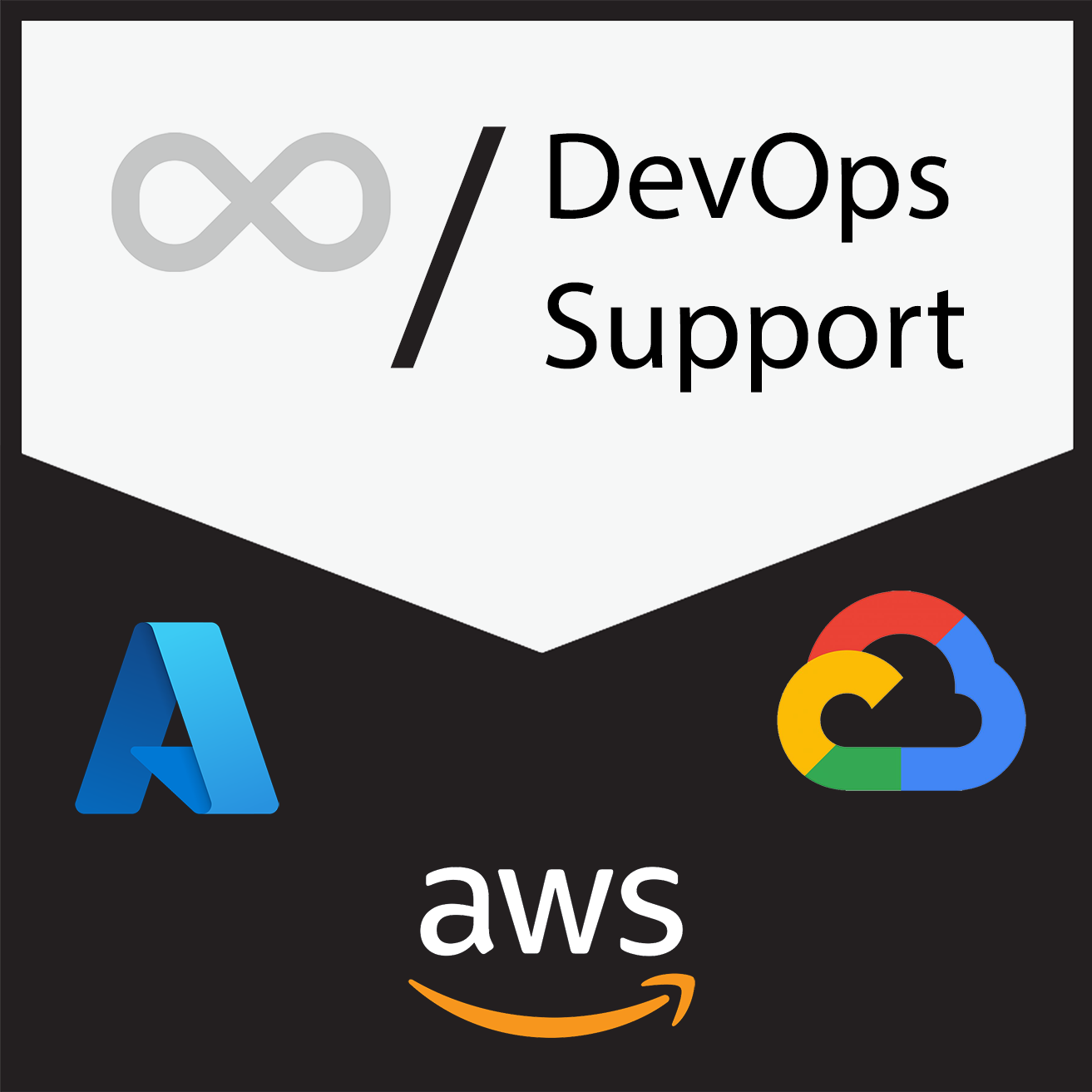Improve Software Development with DevOps
DevOps is a practice designed to help organizations maintain high performance and reliability in increasingly complex software development environments.
What is DevOps?
What is DevOps?
DevOps is a term that describes the merging of software development and IT operations. The motivation behind DevOps is to create an environment where collaboration between developers, engineers, and other IT professionals can be maximized so that better systems can be created faster. It’s not just about speed; it also involves ensuring that those systems are secure and reliable.
So why should you care about DevOps?
By leveraging DevOps practices, you can build more secure and reliable software in less time—and with fewer resources. Moreover, if done well, DevOps can increase productivity in your software development teams and customer satisfaction by providing faster response times for customer issues or requests.
But what exactly does “doing” DevOps entail? What are the critical components of a successful DevOps strategy? Here’s a look at the top five most important aspects of DevOps: collaboration, automation, security, monitoring, and measurement.
By understanding these five critical aspects of a successful DevOps strategy, teams can get the most out of their efforts and ensure that they are creating reliable systems quickly and securely. Moreover, with the proper tools, DevOps teams can work together to ensure that customer needs are met more effectively.
When implemented correctly, DevOps can become an invaluable asset for any business looking to increase its software development efficiency and reliability. By leveraging the power of collaboration, automation, security, monitoring, and measurement, DevOps teams can create better software products faster—while ensuring they are secure and reliable.
Key components of a successful DevOps practice
Key components of a successful DevOps practice
Improve collaboration
Improved collaboration between developers, engineers, and other IT professionals. For DevOps to work, it is essential that everyone involved in developing and managing software systems be able to communicate effectively with one another. This means creating an environment where teams can easily share information and collaborate on solutions to problems.
Prioritise automation and monitoring
Developing efficient automated processes for building, testing, deploying, and managing software is essential to any DevOps strategy. Additionally, monitoring these processes ensures that any issues or errors are quickly identified and addressed before they cause more serious.
Security at all-levels
As with any software development process, security is paramount. By implementing secure coding practices and employing automated tools such as static code analysis and vulnerability scanning, DevOps teams can take proactive measures to protect their systems from potential threats.
Empirical use of measurement and feedback
Measurement and feedback. It’s impossible to know if your DevOps processes are having an impact unless you measure them. That’s why it’s essential to use performance measurement tools to track how quickly changes are deployed, how effective they are at solving customer problems, and other metrics that can help you understand the success of your DevOps efforts.
Frequently Asked Questions
If you have any questions before booking an assessment please get in touch and we can discuss them before moving forward with a purchase.



